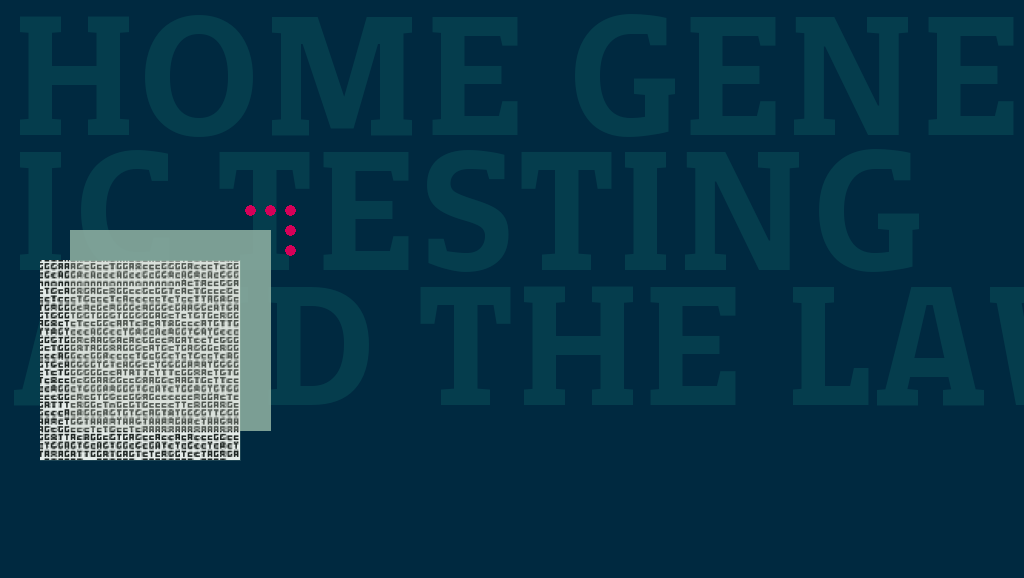As a lead up to the presentation entitled ‘the construction of the genetic consumer in the US’ that will be delivered by Margaret Curnutte here at the Bassetti Foundation in Milan on 16th May I would like to take a brief look at the way in which the legal community and governmental regulatory organizations view the problem of home genetic testing by looking at several Internet publications.
The main problems addressed throughout the following articles are those of regulation (or the lack of it), quality assurance and guarantees and the moral and personal implications of the sale of a technique that may be used and analyzed without any involvement from a professional doctor.
For an overview of the current situation an article entitled “One Step At a Time: ethical barriers to home genetic testing and why the US health care system is not ready” published in Legislation And Public Policy by Rebecca Antar Novick of the New York University School of Law is a good starting point.
Novick argues that the health system is not ready to incorporate home testing as legislation governing in hospital genetic testing is incomplete and there is a complete lack of legislation for tests carried out in the home.
The article offers a description of the history of genetic diagnosis and the laws and regulations that currently govern this aspect of the health care system, the types of genetic home tests currently available on the market and the ethical concerns that arise from home testing.
She raises some interesting points about the inappropriate use of such techniques, difficulties in interpreting the results and the lack of follow up expertise.
She concludes that home genetic testing should be outlawed until legislation can be passed that address some of the problems outlined in the paper.
A recent article in the Genetic Engineering and Biotechnology News journal explains the findings of a recent FDA (US Food and Drink Administration) hearing regarding the regulation of the industry. The article does state however that any regulation will take time due to the complex nature of the issues involved.
One noteworthy section of this article takes the line that regulation and the possible imposition of having to see a doctor for some tests (recommendations are that some types of test would only be available on prescription) would put up costs and stifle innovation in the development of such technologies.
The problems of test accuracy and the need for validation are also raised.
The online journal Medpage today also carries an article that follows the FDA panel meetings mentioned above. Genomics Law Report carries a summary of the meeting and links to the report and classification regarding FDA involvement in the issue so far.
One problem that these reports touch upon (as do many others) is the fact that although the FDA and several states have ruled that the companies that offer these tests may not be in compliance with the law they can do very little, as kits are freely available via Internet and can be (and are) shipped anywhere in the US.
For anybody requiring more reading material see the bibliography and links provided by the Council For Responsible Genetics.
———————
(photo: human genom in hdv – frame 32813 (detail) by Markus Kison from Flickr)
















